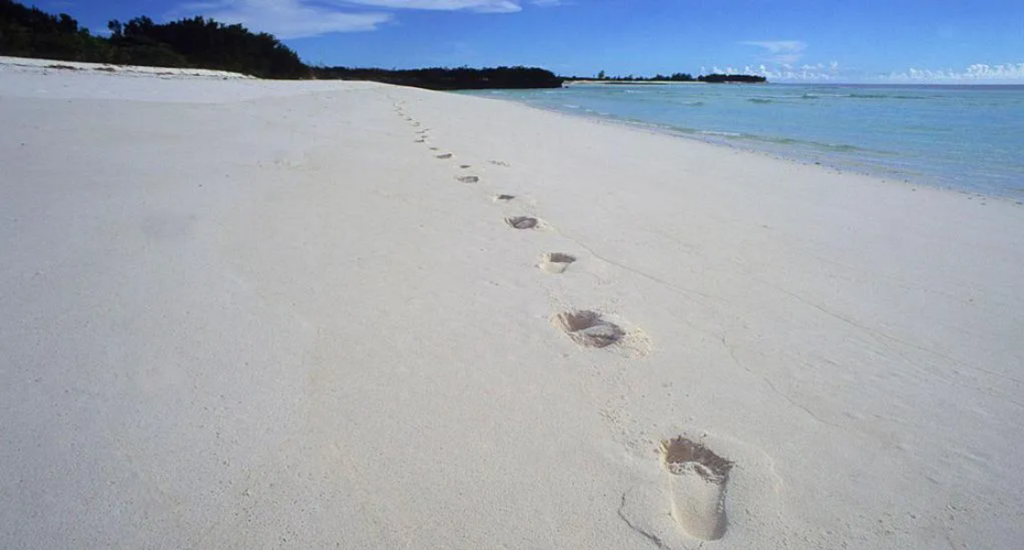A tiny, barren island in the western Indian Ocean may determine who leads Seychelles after this weekend’s elections. Assumption Island, a coralline strip 1,140km from Mahé, has emerged as the most contentious issue on the campaign trail.
At first glance, the island appears unremarkable hot, stripped of vegetation, and long abandoned after guano mining. Yet its strategic location near global shipping routes and ecological importance as the gateway to Aldabra Atoll, a UNESCO World Heritage site, make it invaluable. Conservationists warn that luxury developments threaten nesting grounds for green turtles and Aldabra’s fragile ecosystem.
The controversy centers on a 70-year lease deal with Qatar, under which a 40-villa luxury resort and upgraded airstrip are under construction. President Wavel Ramkalawan, who signed the agreement, defends it as essential foreign investment for a small nation heavily reliant on tourism. “We’ve got to look for investment in order for us to survive,” he argues.
But critics see it differently. Opposition leader Dr. Patrick Herminie of United Seychelles says the project lacks transparency and risks sacrificing national sovereignty for quick cash. He accuses the government of “cooking the books” on economic progress, despite Seychelles’ robust GDP growth and low unemployment.
For many voters, the Assumption issue outweighs positive economic statistics. Activists point to ignored stop orders, damaged wildlife, and weak oversight as evidence of government negligence. Meanwhile, independent candidate Ralph Volcere has made corruption and justice his rallying cry, further amplifying discontent.
With eight candidates still in the race and a runoff likely, Assumption Island’s fate may become the deciding factor. Whether Seychellois voters choose environmental protection or continued foreign-backed development will shape not just the next presidency—but the nation’s future identity.

